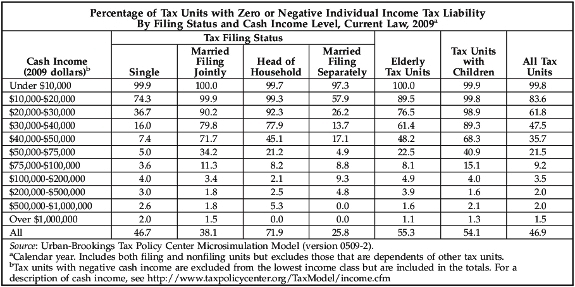Few things annoy me as much as when the news media engage in speculation about the motives behind things people do and say with minimal substantive basis on which to do so. Two examples have emerged in the last few hours in the wake of Mike Huckabee’s announcement last night that he won’t be running for the GOP Presidential nomination.
First, in thehill.com, Jamie Klatell tells us this (emphasis added) –
Huckabee did not mention any other candidates by name in his announcement, but he did make comments that could be a jab aimed at Indiana Gov. Mitch Daniels, whom many conservatives believe to be among the strongest potential Republican candidate.
“I don’t have an issue with my family being supportive — my wife actually has encouraged me to do it, despite knowing full-well that it will subject her and the rest of the family to some brutal and savage personal attacks,” Huckabee said.
Daniels has not made a decision on running, and his hesitation has been attributed to his wife’s concerns about the scrutiny of the campaign trail.
This is ridiculous. Does it not occur to Klatell that it is perfectly reasonable for Huckabee to make clear to the public the factors that did not lead to his decision in order to emphasize the significance of those that did? Is there any reason to think that Huckabee would want to go after Daniels in the way Klatell insinuates, especially when Daniels has not even entered the race? So what makes Klatell want to paint the picture this way?
Then National Journal’s Beth Reinhard searches the tea leaves and comes up with this (again, emphasis added) –
“[quoting Huckabee] For me, the decision is ultimately not a political one, a financial one, or even a practical one—it’s a spiritual one,’’ he said.
Perhaps, but it must also have been a financial one. While many politicians use money and celebrity to gain power, Huckabee appears to be reversing the equation, using his political clout as a means to fame, riches, and the bestseller list. Running for president would have meant giving up lucrative speaking gigs and a Fox News gig worth $500,000 a year through 2012. Last year, he broke ground on a beachfront home in Florida estimated to cost $3 million.
Really? It must have been? Even though he just told you it wasn’t? Even though he said on Fox News Sunday today (quoted by Politico) that “Up until just a few days ago… I honestly thought I would be in it”?
Claiming that you know what is in someone’s heart when you really have no way to know isn’t journalism. It’s arrogance.

